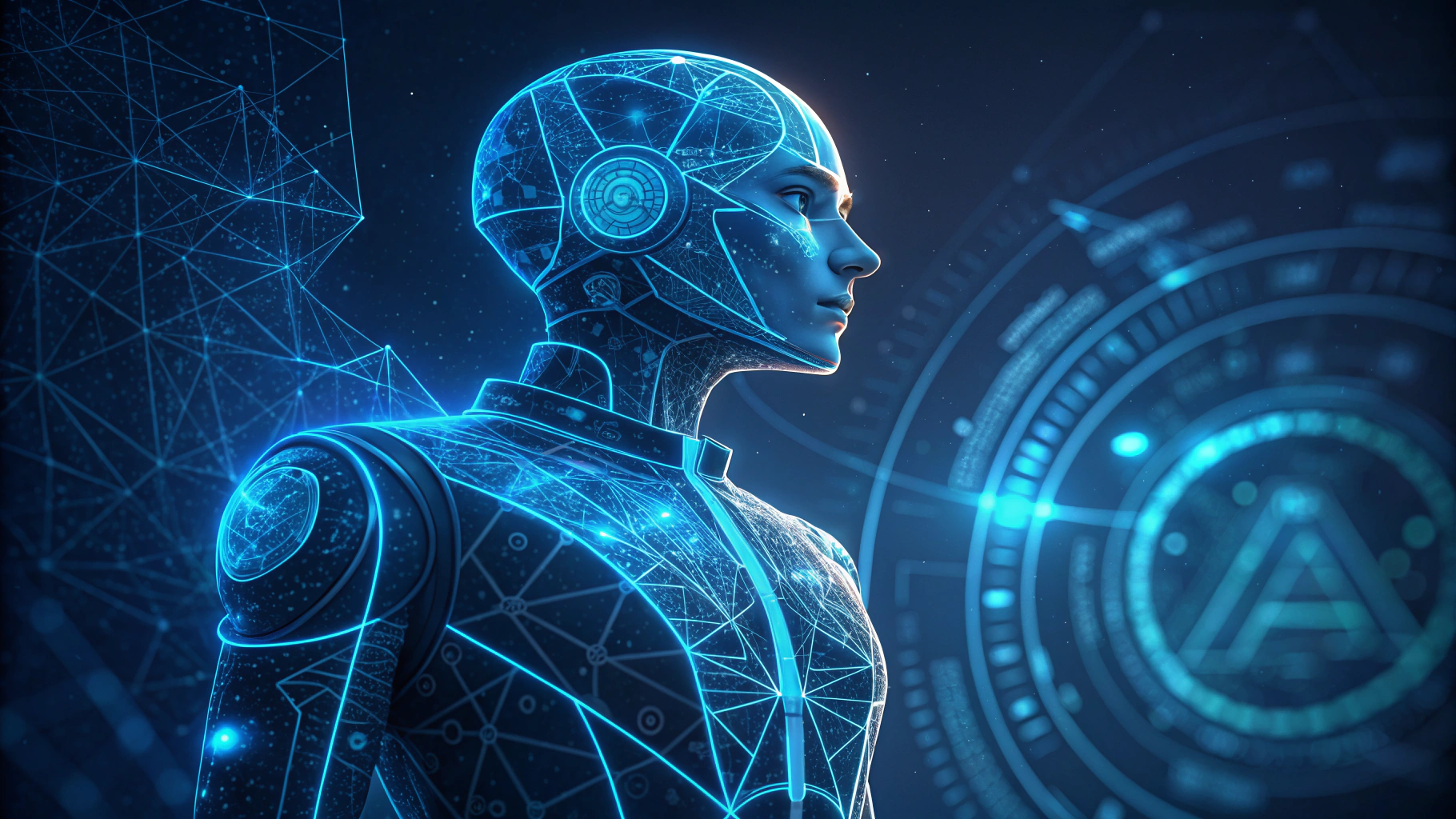AI Agents: Revolutionizing the Future of Intelligent Automation

AI Agents: Revolutionizing the Future of Intelligent Automation
AI agents are reshaping the digital landscape by enhancing automation, efficiency, and intelligent decision-making. These systems are crucial in sectors such as customer service, healthcare, finance, and marketing, driving unprecedented growth and innovation.

Source: Imaginary Image Generation
Understanding AI Agents
AI agents are sophisticated software programs designed to perform tasks autonomously using machine learning and data analytics. They analyze vast amounts of data, make informed decisions, and optimize various processes across industries.
Key Applications of AI Agents
- Customer Support: AI agents provide real-time assistance, enhancing customer satisfaction by resolving inquiries and delivering personalized experiences.
- Healthcare: They assist in diagnostics, manage patient data, and recommend treatments efficiently.
- Finance: These agents automate trading, manage risks, and detect fraud, ensuring secure financial operations.
- Marketing: By analyzing consumer behavior, AI agents help tailor marketing strategies that boost engagement and drive business growth.

Source: Core Components of AI Agents
Benefits of AI Agents
- Efficiency: Automate repetitive tasks, freeing up human resources.
- Accuracy: Minimize errors through precise data analysis.
- Scalability: Adapt to increased workloads seamlessly.
- Cost-Effectiveness: Reduce operational costs while optimizing processes.
Challenges and Ethical Considerations
AI agents, despite their advantages, pose challenges such as data privacy and potential algorithmic biases. Transparency, fairness, and accountability remain crucial.
The Future of AI Agents
The future looks promising with advancements in natural language processing, predictive analytics, and human-agent collaboration set to make these tools even more integral across industries.

Source: AI Agents for Content Generation
Conclusion
AI agents are revolutionizing industries by driving efficiency, innovation, and transformation. As technology continues to evolve, these intelligent systems will shape a smarter, more automated future.



